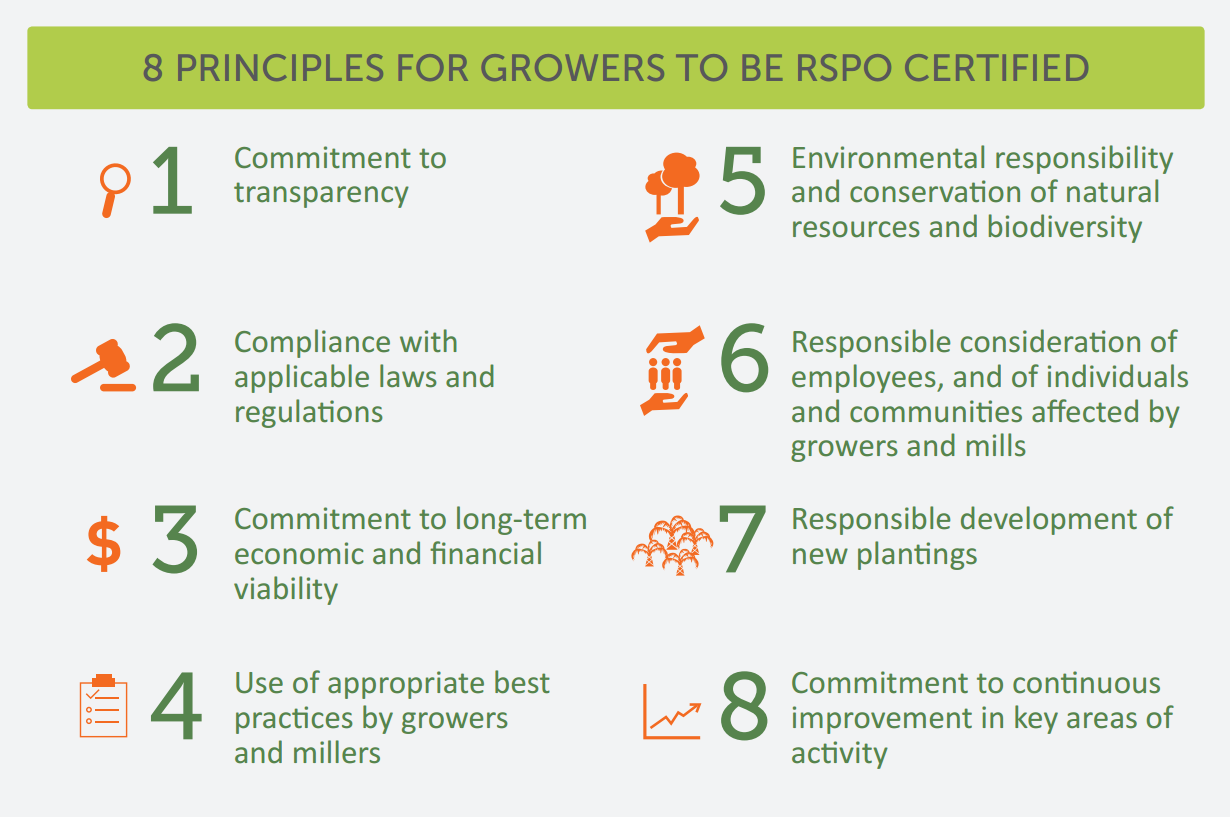
- Sustainable Planet -
- 3mins -
- 232 views
5 THINGS YOU CAN DO TODAY TO STOP PALM OIL DESTROYING OUR PLANET
While palm oil isn’t in itself a bad thing, unsustainable growing practices are wreaking havoc on our planet. As a consumer, here’s how you can make a difference.
5 ways to say “No” to palm oil (and why we should)
Palm oil is used in around 50% of household products in the developed world, from baked goods and confectionery to shampoo, cosmetics and toothpaste. Unscrupulous and unsustainable growing practices are wreaking havoc on wildlife and the environment. A few simple changes in the way we shop can make all the difference.
5 tips to avoid unsustainably sourced palm oil
Did you know there are more than 170 different names that manufacturers use on their packaging to avoid saying the words “palm oil”?
Reading and understanding the label can make all the difference in the bigger picture. Here are 5 reliable ways to avoid unsustainable palm oil:
- The most common name palm oil is disguised under is “vegetable oil”, so opt for products that contain clearly labeled oils, such as 100% sunflower, corn, olive, coconut, or canola oil.
- Most prepackaged snack foods made by corporate giants (Nestle, Unilever, etc.) contain palm oil
- If a product’s saturated fat content makes up more than 40% of its total fat content, it will almost always contain palm oil.
- Ingredients with the word "palm" in them are palm oil or are derived from the oil palm fruit
- If you’re unsure whether a product contains palm oil, type the product name into the WWF PalmOilScorecard, or your search engine, or contact the company directly and ask if they use palm oil — and if they do, is it sustainably grown?
But palm oil doesn’t have to be destructive. In fact, palm oil has the potential to be a major force for sustainable development. The solution is to grow it in a responsible way, and that’s now starting to happen with Roundtable on Sustainable Palm Oil (RSPO) certification. (See below)
So always read the label. Responsible manufacturers who use sustainably sourced palm oil as an ingredient will display RSPO certification clearly on their labels and packaging.
Source: Gaiam.com

The need for sustainable palm oil
Although using other vegetable oils seems like a practical solution, it would actually create similar (if not even larger) environmental and social problems. Therefore, the best solution is to ensure you buy products that contain sustainable palm oil. Sustainable palm oil—
- Fulfils increasing global food demand
- Supports affordable food prices
- Supports poverty reduction
- Safeguards social interests, communities and workers
- Protects the environment and wildlife
In 2008, the RSPO developed a set of environmental and social criteria which companies must comply with in order to produce Certified Sustainable Palm Oil (CSPO). When they are properly applied, these criteria can help to minimise negative impacts.


